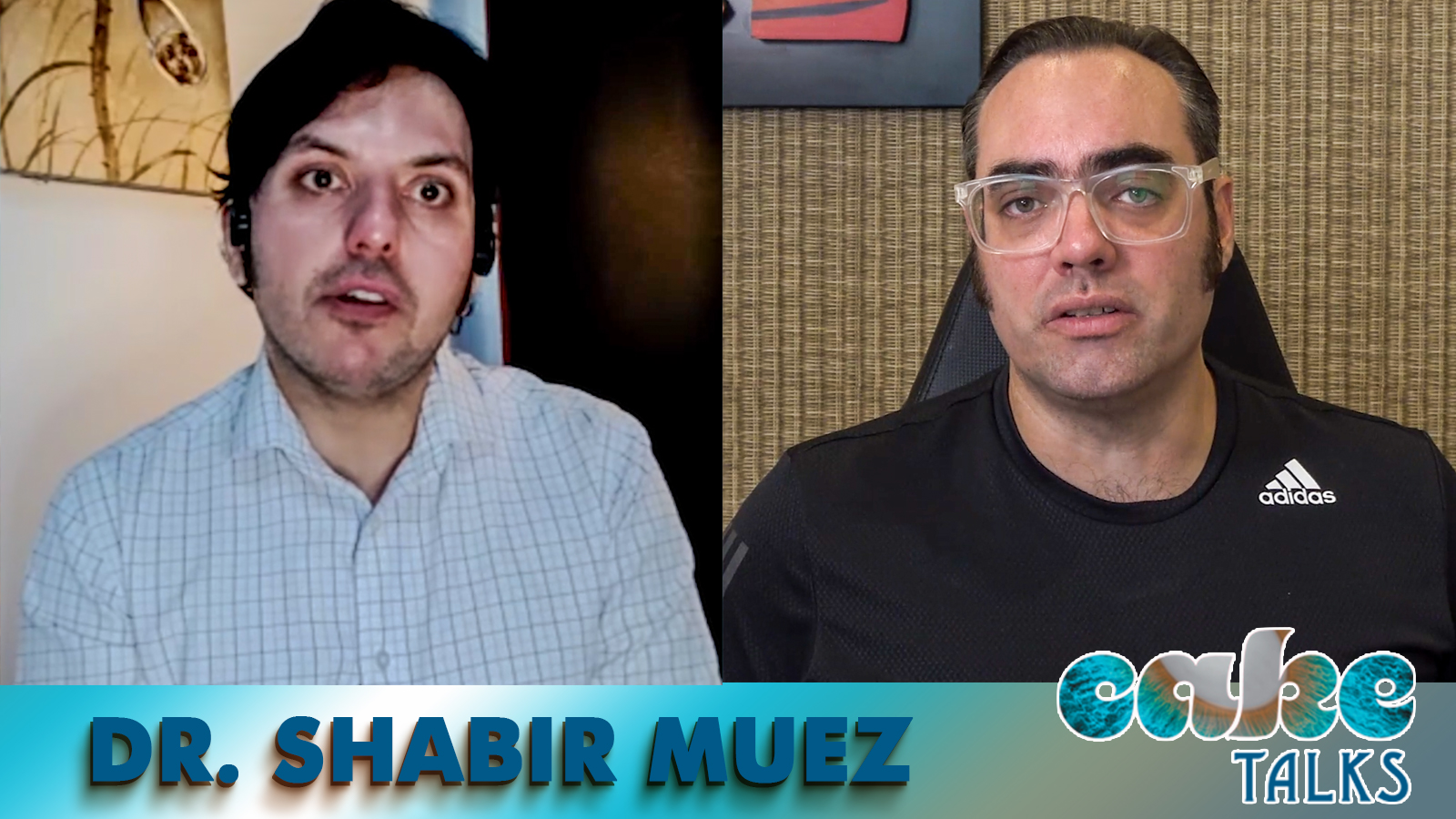Have you ever thought ophthalmology might be hard? Certainly, it can be — but it’s much harder for some than others. Consider, for example, being an ophthalmologist in Afghanistan at any point during the past several decades. The challenges that the country’s political and cultural realities present make learning and practicing any sort of medicine far more difficult than what would be considered normal elsewhere.
We learned a lot from Dr. Shabir Muez, an ophthalmologist and a native of Kabul, Afghanistan. He sat down with CAKE Magazine publisher and CEO Matt Young to describe his experience as an Afghan ophthalmologist. He’s seen more than his fair share of trouble, to put it lightly.
Ophthalmology Under Fire
First, a bit of background. After completing his ophthalmology specialization at Noor Eye Hospital in Kabul, Dr. Muez worked with both Noor and Ramoz eye hospitals in the city. He also worked with HealthNet TPO, one of the largest NGOs in Afghanistan, to conduct a rapid assessment of avoidable blindness (RAAB) study.
When Dr. Muez began his career, the fighting had died down a bit — at least in the capital. As he put it, “We were safe in Kabul, but other provinces were not safe.”
But safe from what? Here’s an example. During the previous Taliban rule 21 years ago, Dr. Muez had an unfortunate run-in with the Taliban. Dr. Muez was born with microtia, and has bone-conduction hearing aids and prosthetic ear pinnas. As a student, he wore a headband and had long hair to cover it up. During class, a Taliban supervisor came to inspect the class. He snatched the headband off of Dr. Muez’s head and slapped him until other students explained it was for hearing problems.
That’s just a microcosm of the type of treatment civilians were often exposed to, so the word “safe” fundamentally means something different in Afghanistan than it does in many other parts of the world.
Currently, many Afghans with eye conditions are unable to leave their houses to see ophthalmologists because many people are under house arrest or curfew. It’s impossible in many cases for doctors to get to the hospitals — so they stay at home. Even if they were able to get to hospitals, nobody wants to take responsibility for security, said Dr. Muez.
A Bleak Future for Afghan Ophthalmology
There are currently 210 ophthalmologists in Afghanistan, according to Dr. Muez. Of those, 10 are female. They will certainly be forced to stop working under the Taliban, which prevents women from working at all.
Doctors are not capable of fleeing Afghanistan at the moment, either. “Nobody can choose to get out of the country right now,” said Dr. Muez. “All of the embassies are shut down and there is no visa issuance. Most (doctors) don’t have passports and everything is closed down.”
One of Dr. Muez’s friends conveyed to him a sense of disconnection from reality — that what’s happening isn’t real. “Everybody is heartbroken,” said Dr. Muez.
Escaping and Leaving It All Behind
Fortunately for Dr. Muez, he’s able to describe what’s happening from safer territory. In 2019, Dr. Muez had a serious personal crisis. He decided to leave everything behind — his profession, his relatives, a daughter — and begin again in Australia.
Starting over in Australia wasn’t easy. Dr. Muez worked as an Uber Eats driver and a carpet layer before beginning an optical dispensing course, which he’s now completed. He had to juggle hard physical labor and study — something that’s difficult under any circumstances.
He aims to become an ophthalmologist again, and told us he’s contacted many Australian ophthalmologists, who have been quite helpful in their advice.
But leaving everything behind has clearly been a struggle for Dr. Muez, and we can tell he’s heartbroken to see what’s happening to his country.
We will certainly keep up with Dr. Muez in the future and report back. He and his compatriots need all the love they can get right now.



